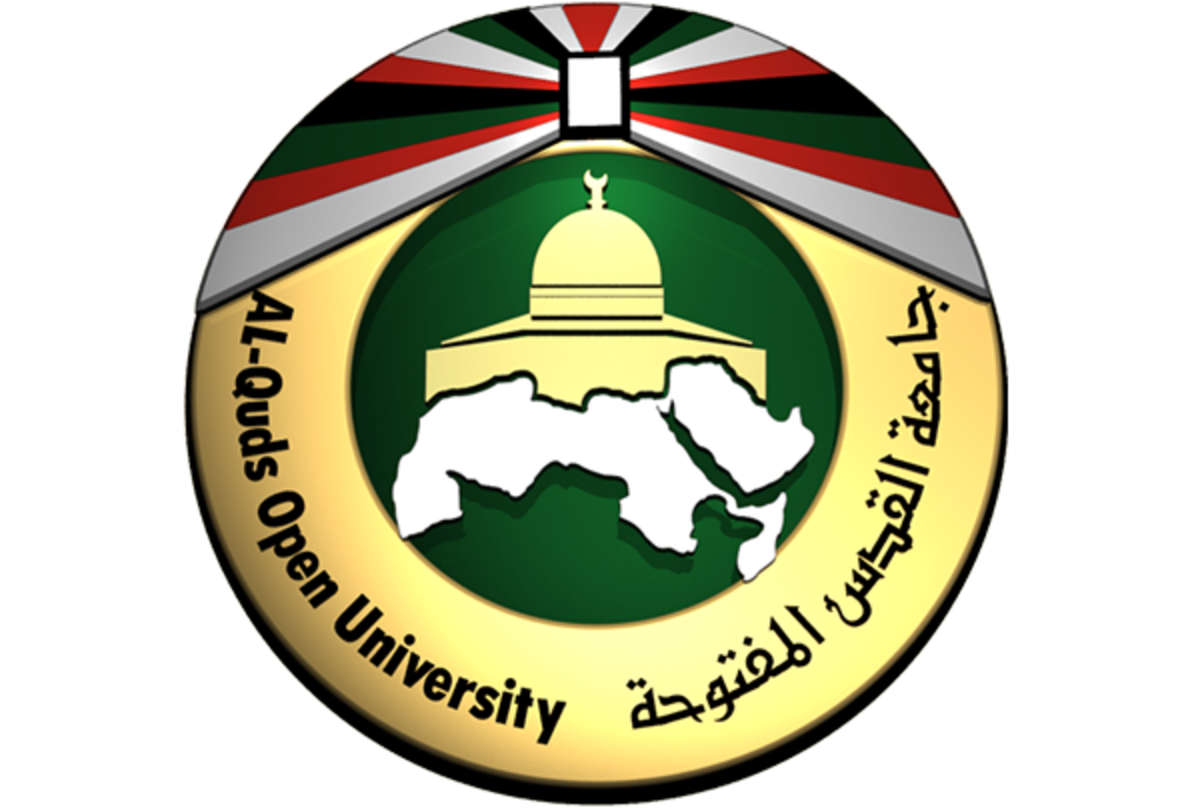Journal of Al-Quds Open University for Educational & Psychological Research & Studies

Abstract
This study is aimed at detecting the causal relations between motivational beliefs, learning strategies, and academic achievement through a proposed causal modeling based on cognitive principles using path analysis to explain academic achievement. To achieve this aim, the study sample consisted of 840 students at Yarmouk University. To reach the aims of the study, the researchers used a set of tools such as Motivated Strategies for Learning Questionnaire (MSLQ) developed by Pintrich, Smith, Garcia, and McKeachie in Artino (2005) . The results showed acceptance of the proposed theoretical model. It also showed that intrinsic goal orientation, task value and self - efficacy reached 27% of the total explanatory difference of the strategy of metacognitive self - regulation. As per previous predictions, the control of learning beliefs reached 26. 5% and 25. 2% of the overall explanatory variance of the elaboration and organization strategies respectively. Moreover, previous predictions in addition to the extrinsic goal orientation reached 24. 4% of the total explanatory variance of the strategy of effort regulation. The results also showed that these previous predictions in addition to control of learning beliefs and the time/ study environmental management strategy reached 9.1% of the total explanatory variance in academic achievement. These previous predictions except for self - efficacy reached 5% of the overall explained variance by using the strategy of managing learning and teaching environment.
Recommended Citation
Shehadeh, Izzudeen Dawoud and Muqabalah, Nasr Yousuf
(2019)
"Modeling the Relations between Motivational Beliefs, Learning Strategies and Academic Achievement of the Undergraduate Students at Yarmouk University,"
Journal of Al-Quds Open University for Educational & Psychological Research & Studies: Vol. 10:
No.
28, Article 9.
Available at:
https://digitalcommons.aaru.edu.jo/jaqou_edpsych/vol10/iss28/9

